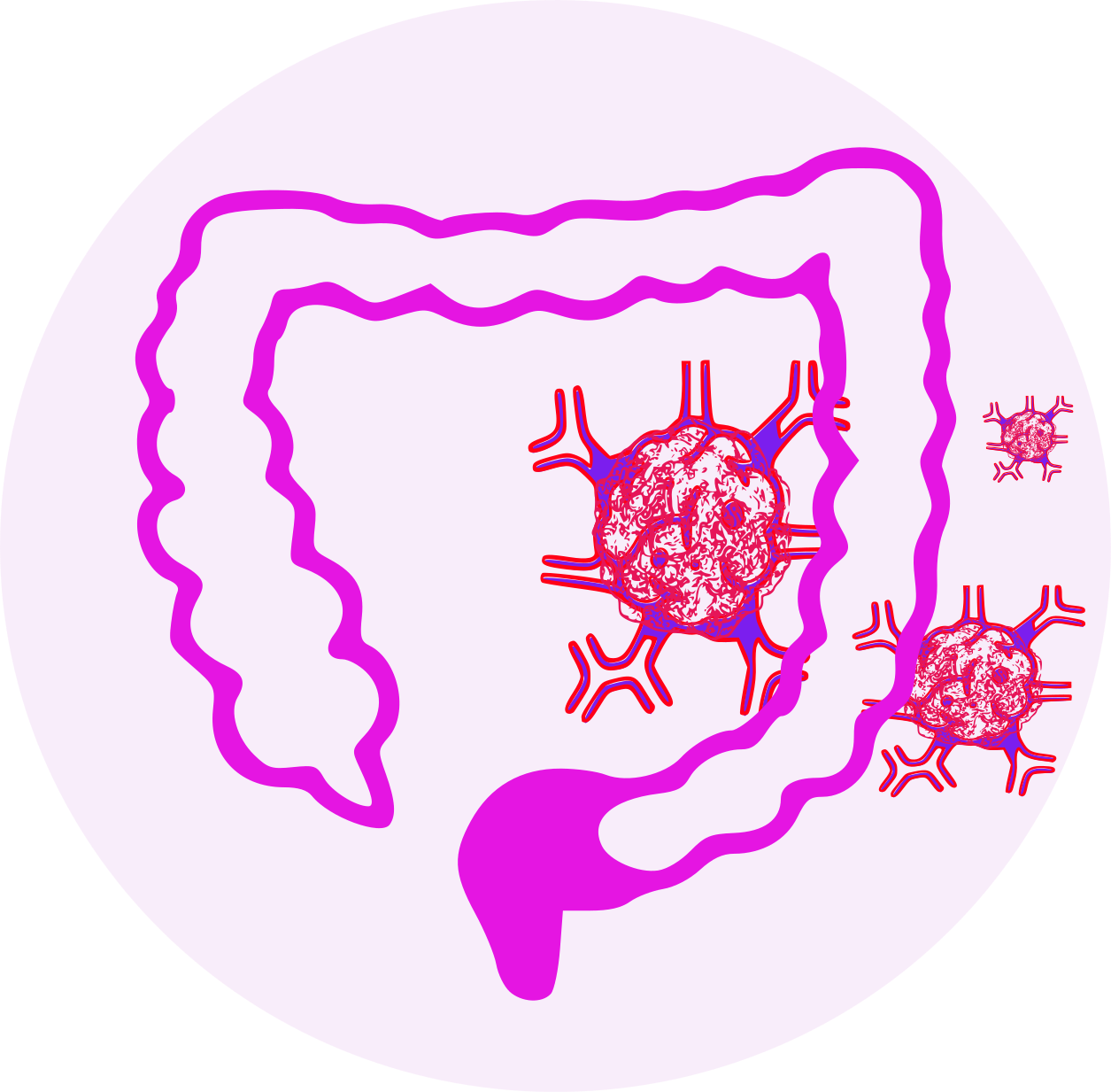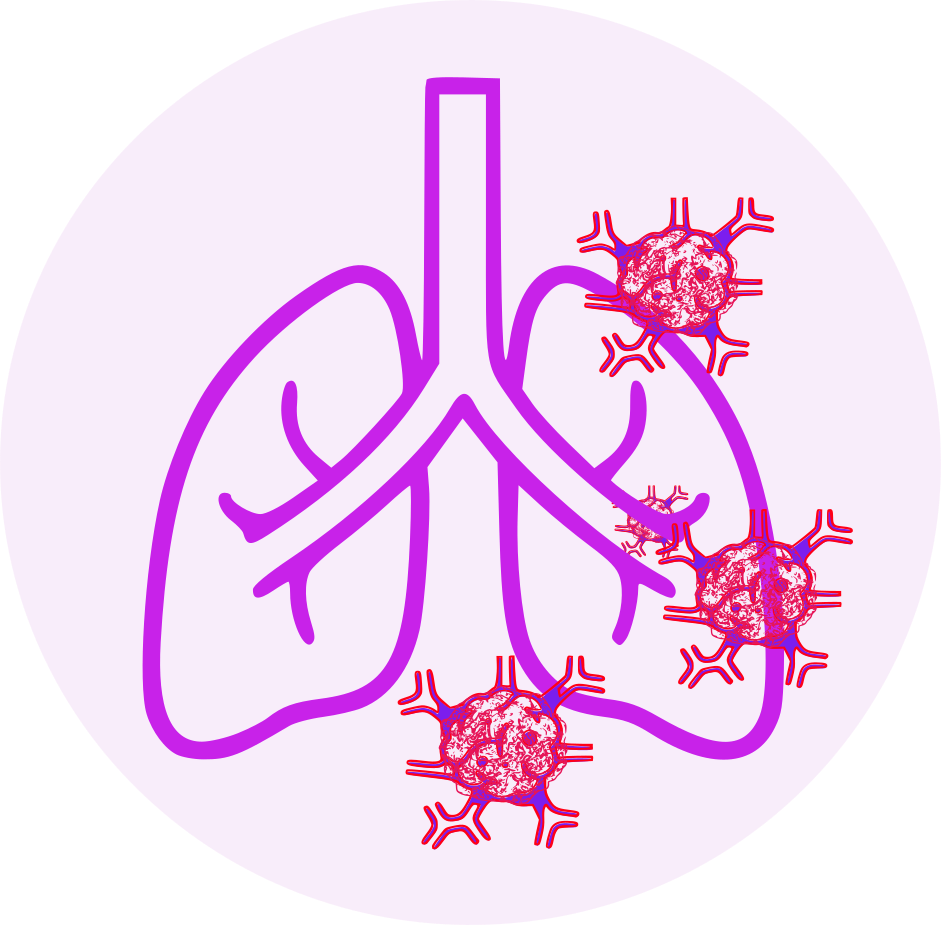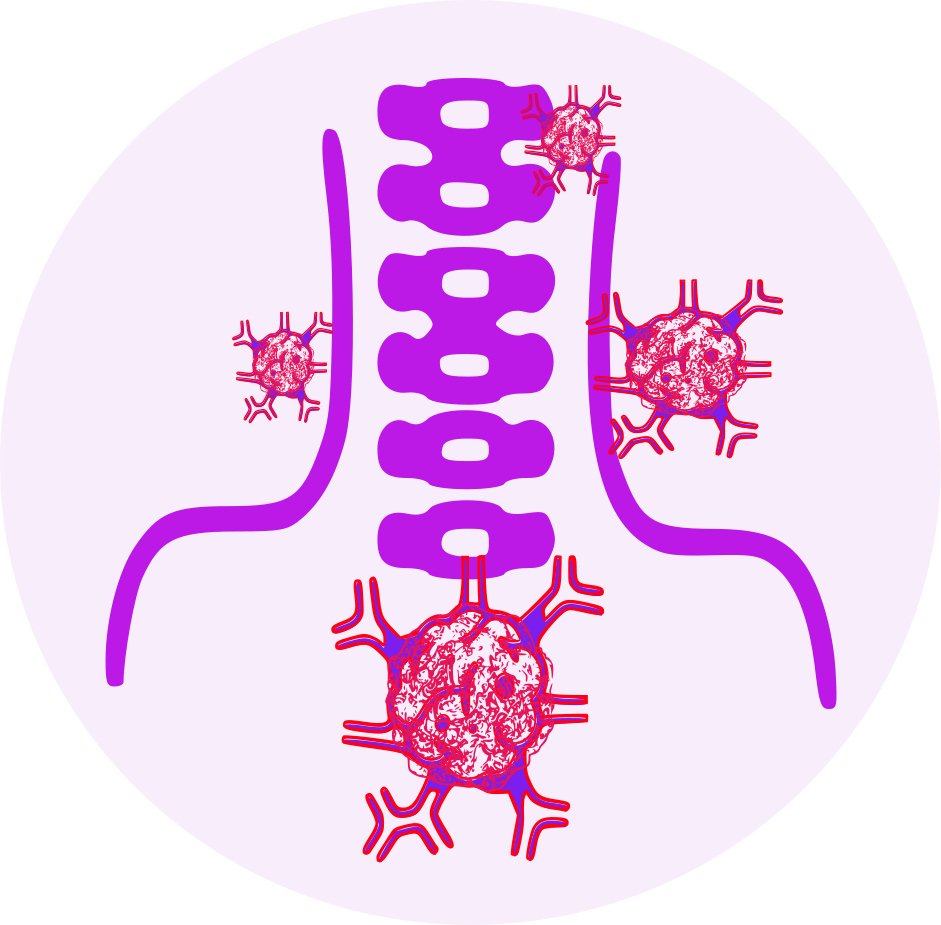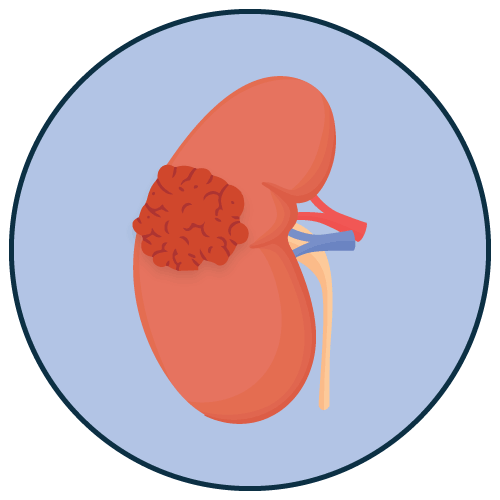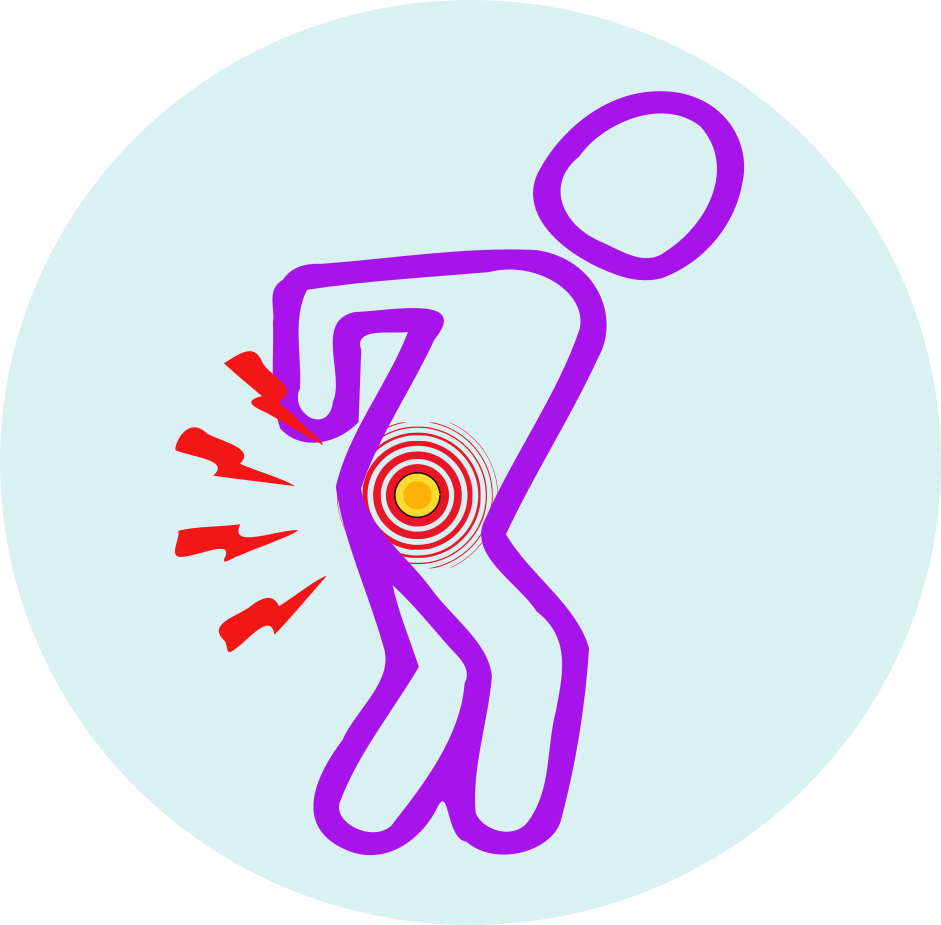| Name | Bevacizumab |
| Classes |
Anticancer/Antineoplastic Agent VEGFR Inhibitor |
| Diseases |
Brain Tumor Breast Cancer Cancer Cervical Cancer Colorectal Cancer Lung Cancer |
Bevacizumab
Bevacizumab is a monoclonal antibody used to treat different kinds of neoplastic diseases. Bevacizumab binds VEGF and prevents the interaction of VEGF to its receptors on the surface of endothelial cells. The interaction of VEGF with its receptors leads to endothelial cell proliferation and new blood vessel formation in in vitro models of angiogenesis.
Bevacizumab is indicated for the following neoplastic diseases along with other anti neoplastic drugs except for glioblastoma for which bevacizumab is use as a single agent-
- Metastatic colorectal cancer
- Non-squamous non-small cell lung cancer
- Glioblastoma
- Cervical cancer
- Metastatic renal cell carcinoma
- Do not administer as an IV push or bolus.
- Do not initiate Bevacizumab for 28 days following major surgery and until surgical wound is fully healed.
- Metastatic colorectal cancer
-
- 5 mg/kg IV every 2 weeks with bolus-IFL
- 10 mg/kg IV every 2 weeks with 5-fluorouracil, leucovorin, and oxaliplatin
- 5 mg/kg IV every 2 weeks or 7.5 mg/kg IV every 3 weeks with fluoropyrimidine-irinotecan or fluoropyrimidine-oxaliplatin based chemotherapy after progression on a first-line Bevacizumab containing regimen
- Non-squamous non-small cell lung cancer
-
- 15 mg/kg IV every 3 weeks with carboplatin/paclitaxel Glioblastoma
- 10 mg/kg IV every 2 weeks Metastatic renal cell carcinoma (mRCC)
- 10 mg/kg IV every 2 weeks with interferon alfa
- Persistent, recurrent, or metastatic carcinoma of the cervix
-
- 15 mg/kg IV every 3 weeks with paclitaxel/cisplatin or paclitaxel/topotecan
Most common adverse reactions incidence are-
- epistaxis
- headache
- hypertension
- rhinitis
- proteinuria
- taste alteration
- dry skin
- rectal hemorrhage
- lacrimation disorder
- back pain
- exfoliative dermatitis
- Gastrointestinal Perforation: Occurs in up to 3.2% of Bevacizumab-treated patients. Discontinue Bevacizumab for gastrointestinal perforation.
- Surgery and Wound Healing Complications: Discontinue in patients with wound dehiscence. Discontinue at least 28 days prior to elective surgery. Do not initiate Bevacizumab for at least 28 days after surgery and until the surgical wound is fully healed.
- Hemorrhage: Severe or fatal hemorrhage, hemoptysis, gastrointestinal bleeding, CNS hemorrhage, and vaginal bleeding are increased in Bevacizumab- treated patients. Do not administer Bevacizumab to patients with serious hemorrhage or recent hemoptysis.
- Venous Thromboembolic Events: Discontinue Bevacizumab for life threatening VTE.
- Hypertension: Monitor blood pressure and treat hypertension. Temporarily suspend Bevacizumab if not medically controlled. Discontinue Bevacizumab for hypertensive crisis or hypertensive encephalopathy.
- Posterior Reversible Encephalopathy Syndrome (PRES): Discontinue Bevacizumab.
- Proteinuria: Monitor urine protein. Discontinue Bevacizumab for nephrotic syndrome. Temporarily suspend Bevacizumab for moderate proteinuria.
- Infusion Reactions: Stop Bevacizumab for severe infusion reactions.
- Ovarian Failure: Inform females of reproductive potential of the risk of ovarian failure with Bevacizumab.
Contraindication
Contraindicated in patients hypersensitive to bevacizumab.
None known.
None known.
 Bangla
Bangla English
English